At the end of every year, MHI evaluates its legislative and regulatory accomplishments and identifies unresolved issues for the coming year. In government, large, sweeping, decisive achievements are very rare. Change comes in increments, and in 2010, MHI steadily achieved important victories for the industry and our customers.
√ Full Implementation of FHA Title I Loan Program
In 2010 the implementation of changes to the Federal Housing Administration (FHA) loan program for personal property manufactured homes (or Title I), which began back in 2008, was completed. In June 2010 the FHA finalized changes to the program, and also in June 2010 Ginnie Mae lifted its 15-year moratorium and announced it was accepting applications for new Ginnie Mae lenders. In November 2010, Ginnie Mae released its pooling guidelines for loans insured under the new FHA Title I program. The issuance of these guidelines provides Ginnie Mae the ability to securitize manufactured home FHA Title I loans. The securitization of these loans allows lenders to obtain new capital, which can then be used to fund new loans for our customers. Without MHI’s encouragement and assistance, implementation of this important program would most certainly not have happened.
√ Favorably Amending Formaldehyde Legislation
In 2010 Congress enacted a law which requires all composite wood products nationwide to meet new formaldehyde standards. MHI achieved a huge victory for the industry by amending the bill to make the effective date for manufactured and modular homes to comply with the new standard tied to a “manufactured by” provision instead of a “sell through” provision. This is vitally important because the original proposal would have made thousands of new manufactured and modular homes in inventory unsellable once the law became effective. Without MHI’s lobbying, it would have cost the industry and our customers thousands of dollars to bring every home in inventory up to a new standard.
√ Extending the New Home Buyer Tax Credit
MHI joined with other industry groups and successfully extended the new home buyer tax credit for manufactured and modular homes. The extension provided up to an $8000 tax credit to first-time homebuyers who meet certain income tests and sign a sales contact to purchase a principle residence by April 30, 2010. When the extension passed, it required homebuyers to provide a settlement statement as proof of purchase. In manufactured housing “home only” transactions, sales contracts are used as opposed to settlement statements. With the assistance of key Senators, MHI was able to convince the IRS to accept sales contracts in the case of manufactured home purchases.
√ HUD Regulatory Action
The manufactured housing industry is regulated by the US Department of Housing and Urban Development (HUD). As such, HUD has responsibility to issue proposed rules and building standard updates received from the Manufactured Housing Consensus Committee (MHCC) in a timely manner. This year HUD released three proposed changes for the public to comment on. These changes include roof truss testing protocol, rules governing the on-site completion of homes, and updates to the HUD-Code. These changes, which have been sitting around for over five years, are now in the process of being finalized thanks to continued pressure from MHI. An updated HUD-Code is vitally important for the industry and our customers.
In addition, MHI was instrumental in protecting the industry in 2010 from remedial action by regulators regarding materials supplied for the installation of air combustion inlets and venting ductwork through crawlspaces. MHI’s continued dialogue with industry regulators to address these types of issues is a huge part of MHI’s mission.
√ Protection from the Bureau of Consumer Financial Protection
A major issue in 2010 was Congress creating a brand new federal agency to regulate the financial services industry and protect consumers. MHI was successful in exempting manufactured and modular housing industry salespersons and retailers from the scope of the new agency if they are: 1) acting as an agent or broker for a buyer or seller of a manufactured home or a modular home, or; 2) facilitating the purchase by a consumer of a manufactured home or modular home, by negotiating the purchase price or terms of the sales contract. MHI’s lobbying obtained this exemption, and we were one of just a few industries that were successful in getting this done.
√ Relief from the SAFE Act
The Secure and Fair Enforcement for Mortgage Licensing (SAFE) Act passed by Congress in 2008 was intended to set up a nationwide licensing system for mortgage loan originators or individuals involved in the negotiation of a home loan. It was not intended to require the licensure of individuals, like manufactured and modular home salespersons or realtors, who are simply engaged in the business of selling homes. During the implementation of the SAFE Act, however, many state regulators have expanded the scope of the SAFE Act in order to regulate as many as possible, including retailers conducting purely administrative or clerical tasks in relation to a home loan. In 2010 MHI introduced a bill in Congress which clarifies the licensing requirements of the SAFE Act. MHI’s bill prompted Congressional leadership to send a letter to HUD, telling HUD that the SAFE Act was not intended to apply to retail sellers in our industry. MHI believes these actions will positively influence the outcome of pending regulations both at HUD and the state level.
√ Protecting Consumer Choice in Weather Radios
For the past four years, our customer has been threatened by legislation introduced in Congress unfairly targeting our homes. The legislation would have required every manufactured home sold to have a weather radio, ignoring the consumer’s ability to choose. Weather radios are quickly becoming antiquated, and MHI advocated for the enactment of a new system which already addresses the issue of notifying all individuals in an area of impending natural or man-made disasters. Even though the weather radio bill passed the House of Representatives, it has never been considered in the Senate due to lobbying efforts by MHI. MHI does not expect this issue to be raised in Congress again next year, however, if it reemerges, we will be ready.
√ MHI-PAC Support of Pro-Industry Candidates
MHI has a political action committee (PAC) which contributes to campaigns of pro-manufactured housing Members of Congress. In a difficult election year where over 70 existing members of Congress either retired or were voted out of office, 84 percent of the candidates MHI supported were re-elected. This is a stellar record, and MHI looks forward to working with the new members of Congress next year in advancing the MHI agenda.
The past two years have seen an unprecedented amount of new regulations that have had a widespread impact on every industry. This new focus on regulation has been driven by the belief that the events leading up to the economic crisis might have been prevented had there been more laws in place. Considering this environment, MHI has had much success in preventing many more burdens from being placed on our industry and our customers.
However, much more work lies ahead in 2011. Federal regulators continue to ignore laws passed by Congress requiring Fannie Mae and Freddie Mac to support personal property lending on manufactured homes. This hurts our customers’ ability to buy and sell their home. The financial reform legislation which passed in 2010 is a 2,000 page bill with widespread impact on all lending and finance activities, including manufactured and modular housing. We need to push for changes to the law and careful implementation of the regulations. There are important tax credits which the industry relies on which have yet to be extended, creating uncertainty for businesses and hampering their ability to adequately plan for the future and pass these benefits onto our customers.
As a membership organization, MHI relies on your membership and support. If your company is not a direct dues paying member of MHI, call us today at (703) 558-0668 to learn more about how to join.
And, now that you’ve seen our scorecard, how do you think we are doing? Please email or call me at (703) 558-0678, or tlong@mfghome.org. All comments and suggestions are appreciated.
##
Thayer Long is Executive Vice President of MHI, the preeminent national trade association for manufactured and modular housing industries, representing all segments of the industries before Congress and the Federal government. Call (703) 558-0678 or visit www.manufacturedhousing.org

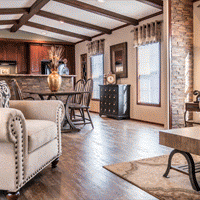


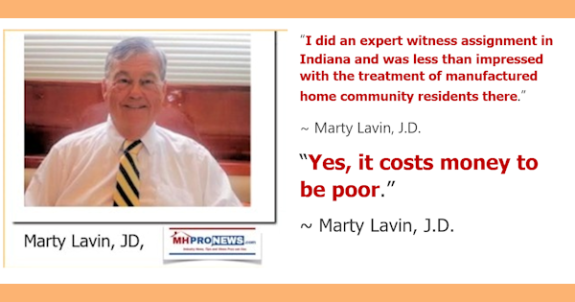
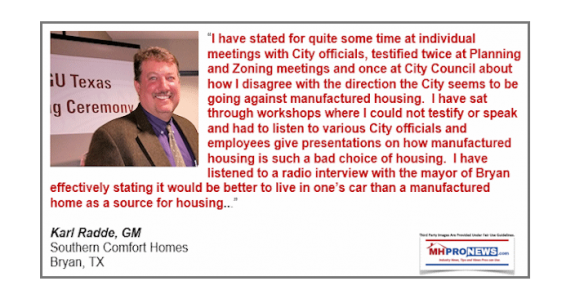
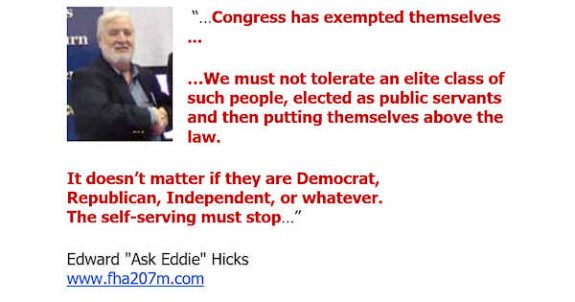
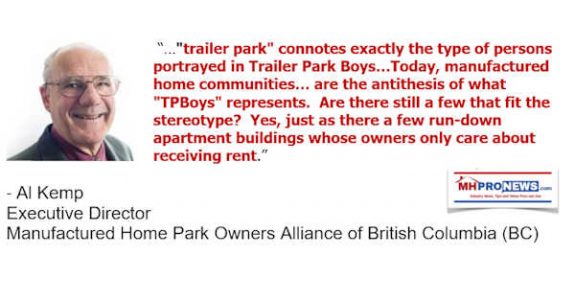
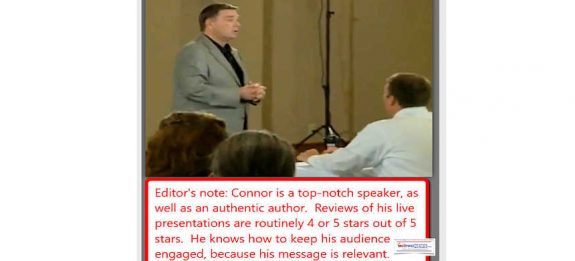
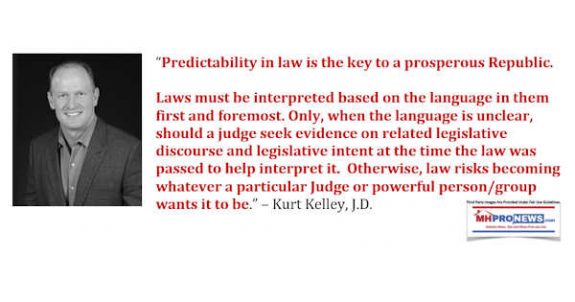
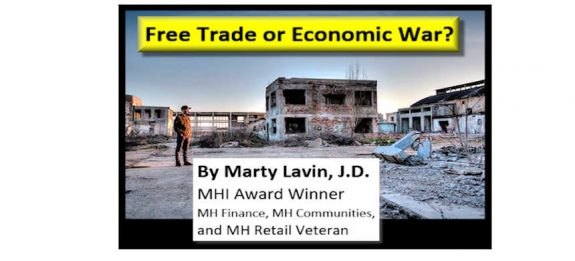
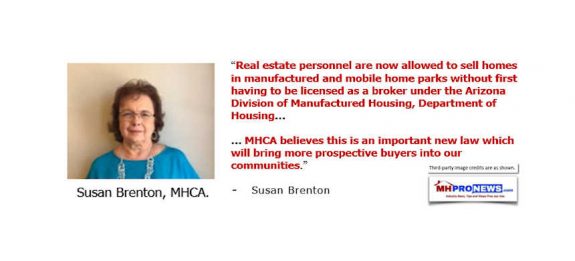
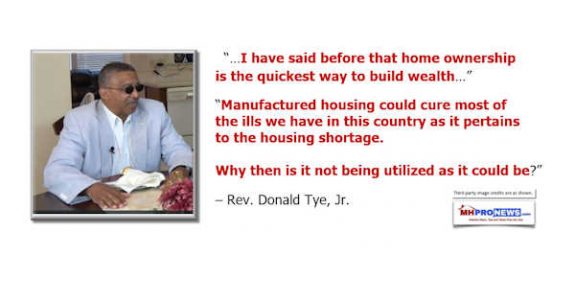
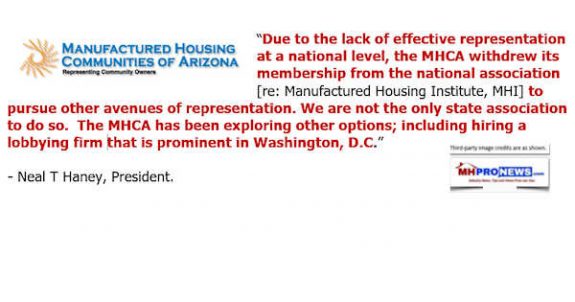
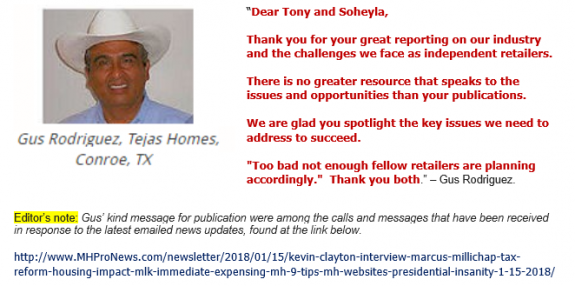
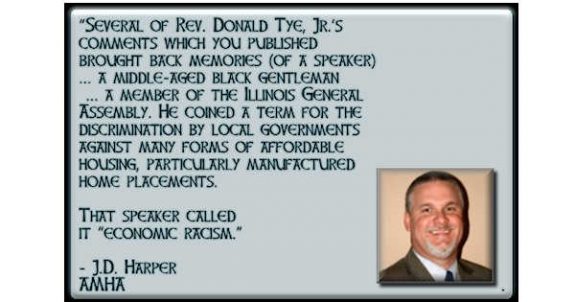
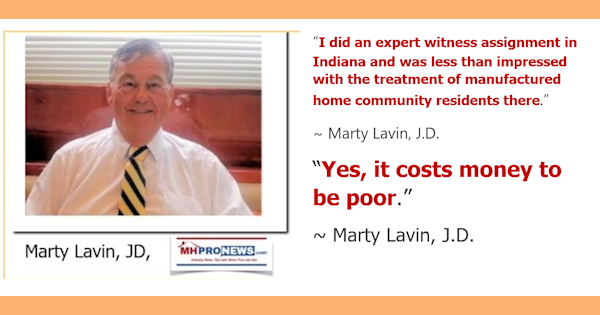
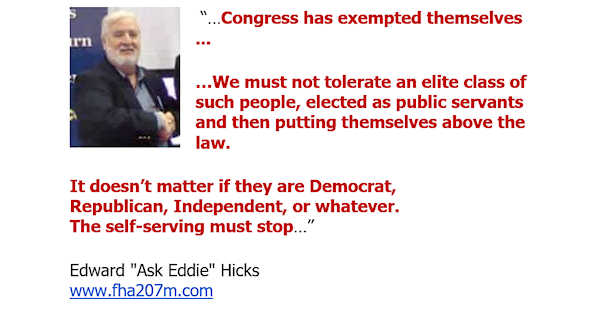
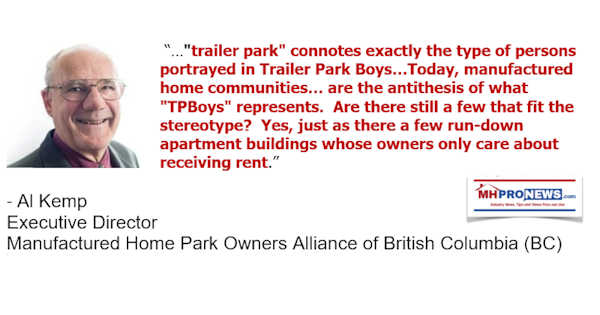
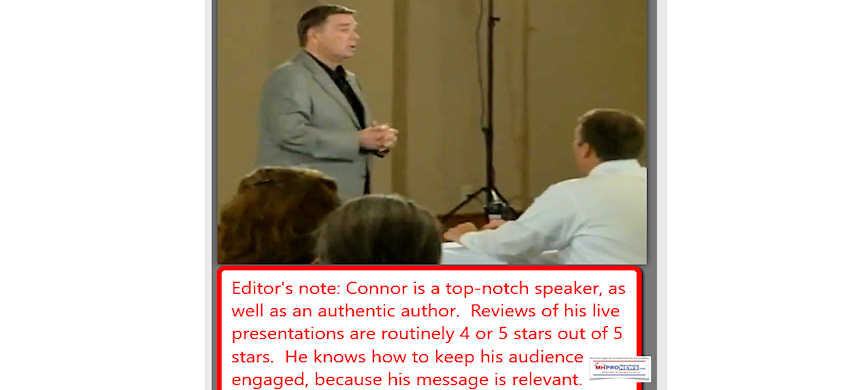
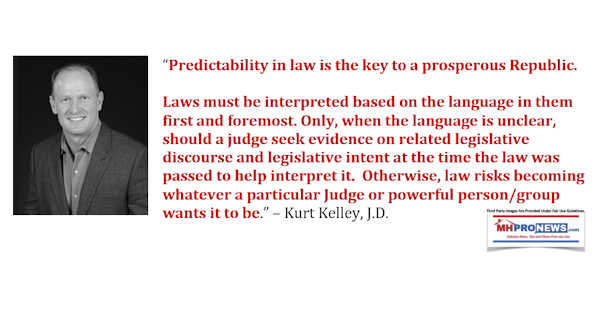
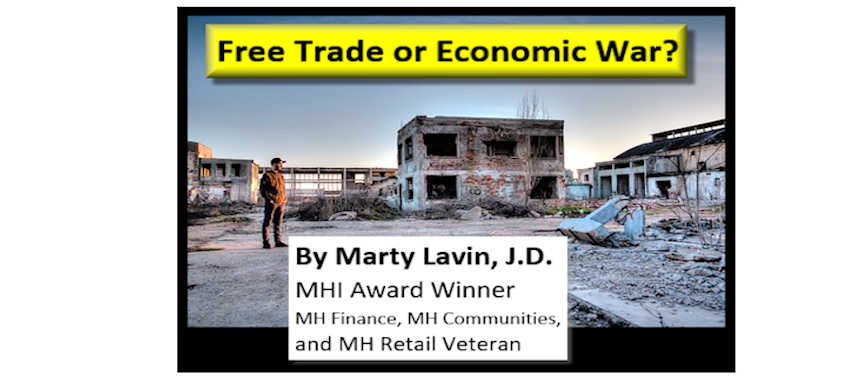
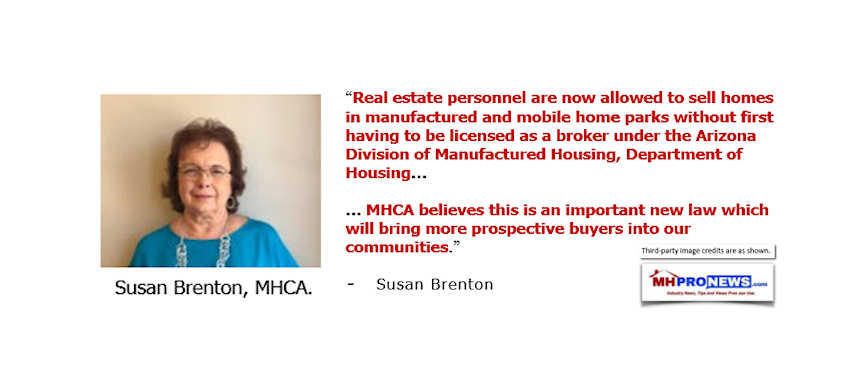
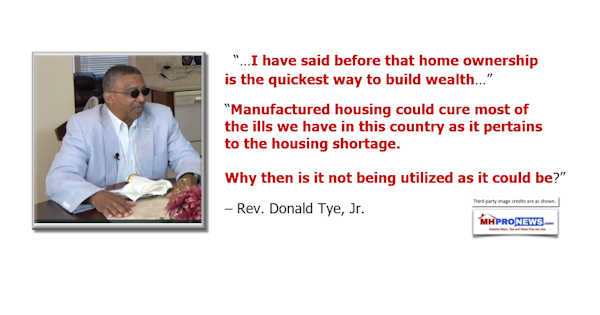
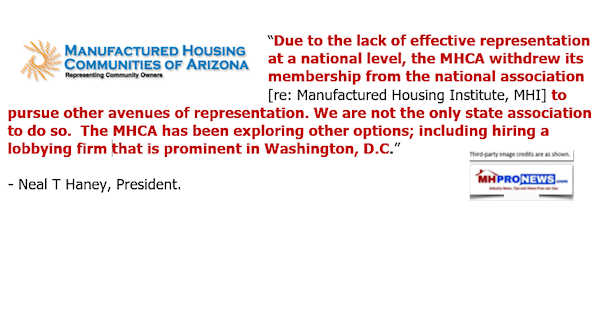
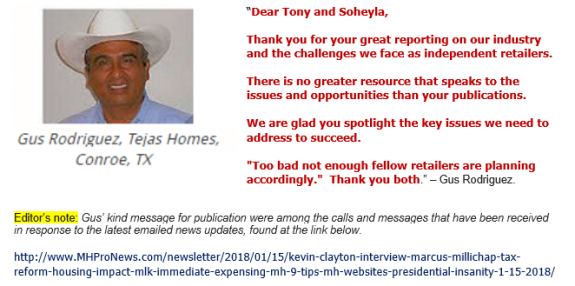
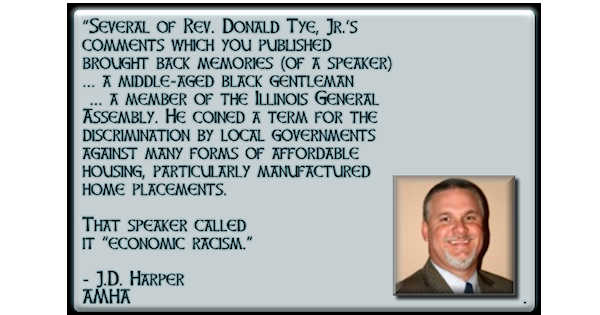
Karl Radde – TMHA, MHI, Southern Comfort Homes – Addressing Bryan City Leaders, Letter on Proposed Manufactured Home Ban
To All Concerned [Bryan City Officials, Others]: As the retail location referenced by Mr. Inderman, I would like to take a moment to address the …